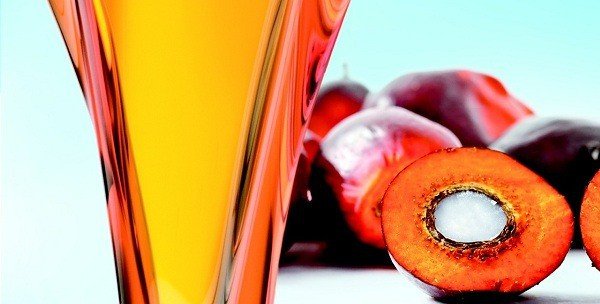Is palm oil really harmful?

Palm oil is a vegetable oil that is extracted from the fruits of the oil palm.
Its main use for the past 5 thousand years has been for the production and preparation of food. Today, palm oil is used worldwide in the dairy, confectionery and bakery industries.
Although palm oil is sufficiently well studied from the point of view of medicine and is not banned in any country in the world, in the Bulgarian mass media there are a significant number of publications about its harm.
The main question that concerns society is how palm oil affects the human body:
• Is palm oil digested as well as other vegetable oils?;
• Does it harm the cardiovascular system?;
• Is it harmful to add it to baby food?
The Bulgarian media and some of the representatives of the food industry argue against the use of palm oil, citing some of their considerations and concerns.
In particular, this type of vegetable oil is attributed to the content of harmful trans fats, which, at the very least, increase the risk of developing the cardiovascular system.
Trans fats are included in meat and dairy products, but not in vegetable products.
In the latter, they can be found only in the event that the liquid fat /oil/ is hydrogenated, i.e. it turns into a solid state /this is often necessary in the food industry/.
However, palm oil is initially of a semi-solid consistency. This is due to its content of palmitic fatty acid, the presence of which is characteristic of animal fats.
It is precisely this acid that is “to blame” for the oil not being in a liquid state. Because of this property, it does not require artificial hardening, such as sunflower oil, which means that there are no trans fats in the former.
Palm oil is an ordinary fat, which, like any other such as /cow oil, beef tallow, sheep tallow, chicken fat, vegetable oil, soybean oil, etc./ is digested in the human body with the help of the lipase enzyme.< /p>
This ferment ‘breaks’ these fats into smaller elements that are absorbed by the intestinal wall.
Through this digestive process, any fat is normally absorbed, even those with a high melting point. It’s just that in one case the process is faster and in the other slower.
In the Bulgarian online media, one can come across publications in which it is claimed that inferior quality, so-called technical, palm oil is used for foods produced in Bulgaria.
But this is not the case, as the Bulgarian Food Safety Agency, as well as the European body with this function ensure compliance with the adopted regulations, directives, laws and by-laws.
They establish certain norms that must be met by any oil that is intended for use in the food industry, that is, for the production and preparation of food.
For example, it should not exceed the permissible norms regarding toxic elements, radionuclides, molds, yeasts, etc.
The degree of oxidation of the oils is also controlled. Only fats and oils can be used in the food industry that meet the requirements established in the relevant legislative acts.
Without the use of palm oil in the production of baby foods, their quality would seriously suffer, since these foods should be as close as possible in composition to mother’s milk, which contains everything necessary for the proper development of the child.
Female breast milk contains a component that is also present in large quantities in palm oil, it is palmitic acid, which is necessary for the natural development of the child.



